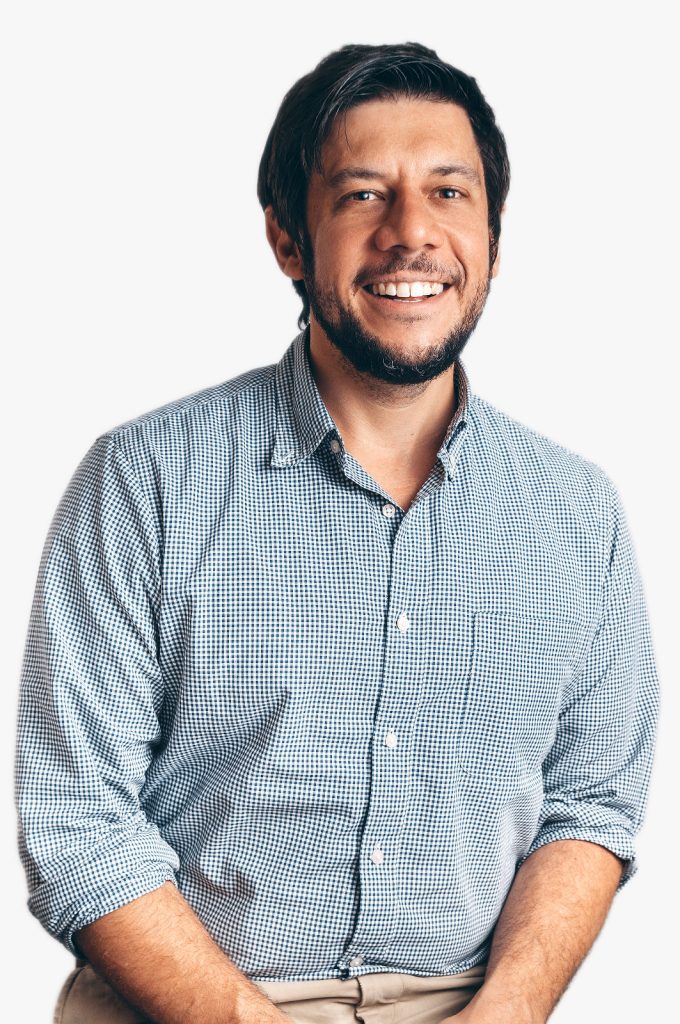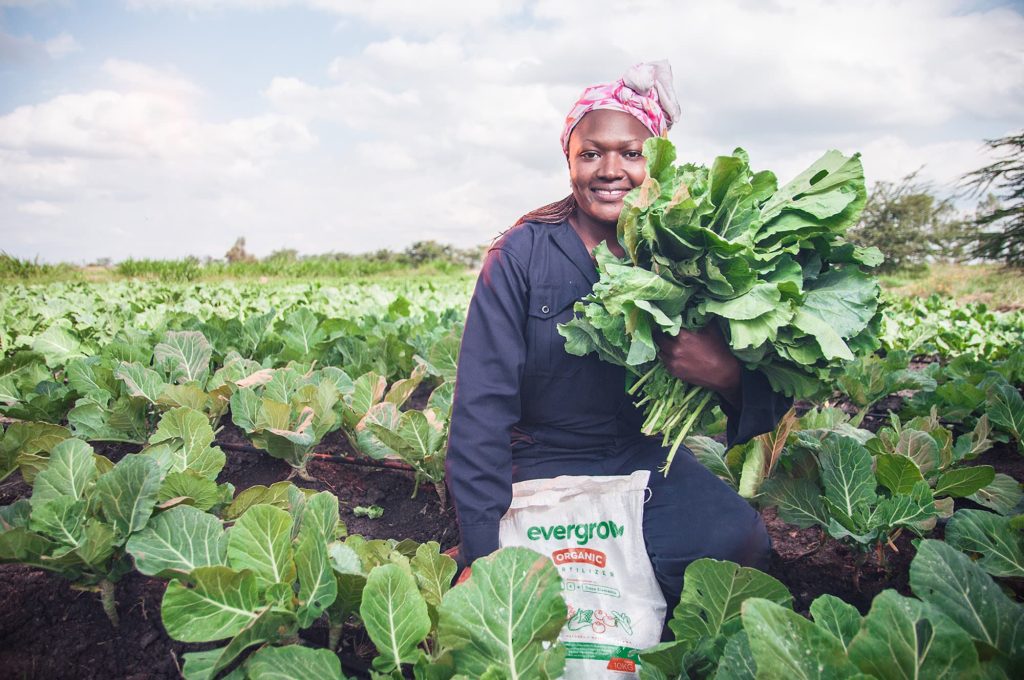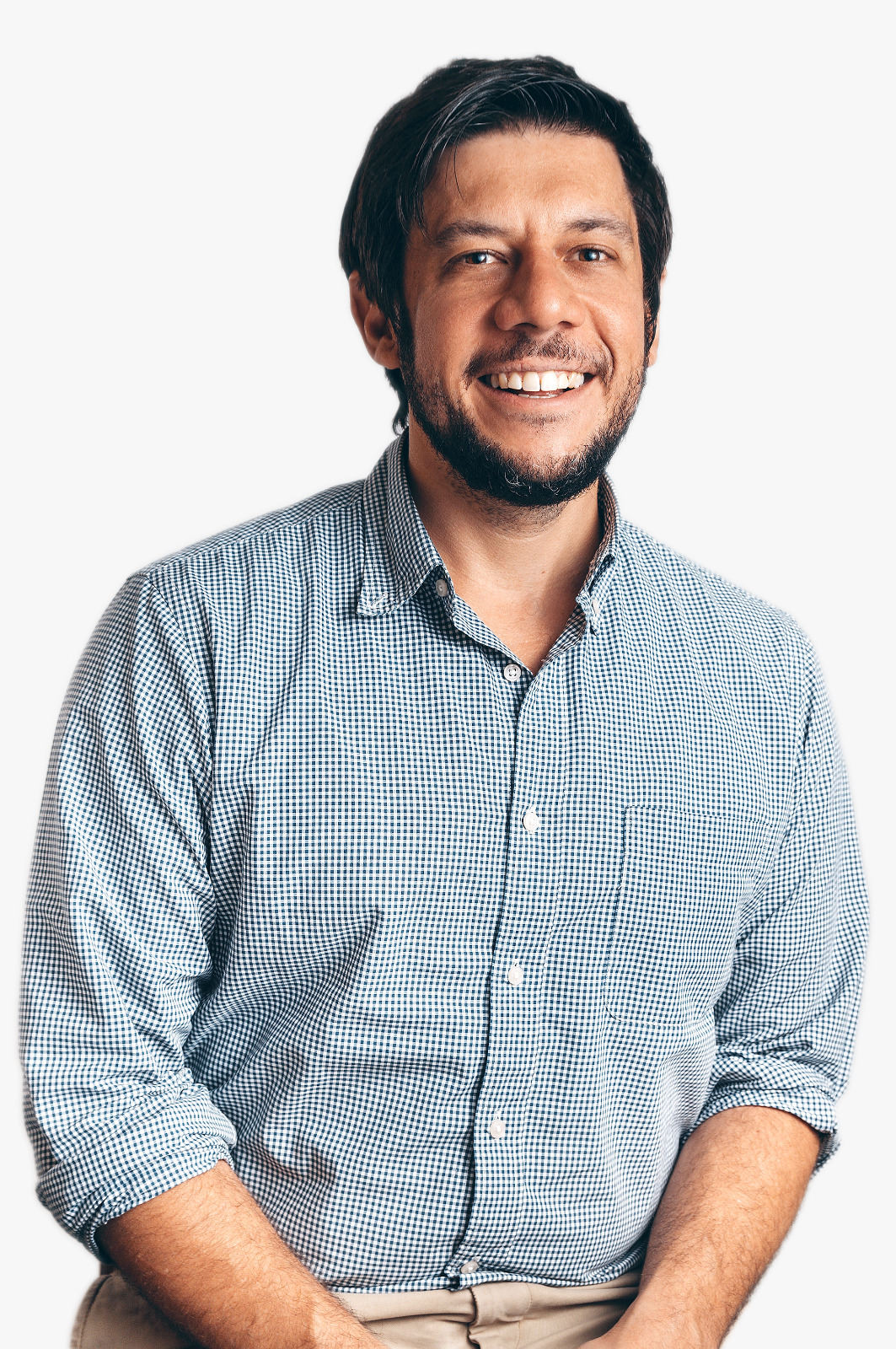
David Auerbach, the Co-Founder of global firm Sanergy Collaborative
The International Day of Zero Waste is observed annually on March 30th with an aim to promote sustainable consumption and production patterns and raise awareness about the importance of waste management and the transition towards a circular economy.
This year, the day, set to be marked tomorrow, Sunday March 30, 2025, global climate action leaders Sanergy Collaborative has trained eyes on transforming organic and sanitation waste into climate-resilient solutions while cutting greenhouse gas emissions, especially in the urban set up, where harmful waste gas emissions are more concentrated and pioneering climate action with carbon credits in urban sanitation and agriculture.
According to David Auerbach, the Co-Founder of global firm Sanergy Collaborative, the International Day of Zero Waste will this year see the firm, which is the steady its efforts into turning this problem into an opportunity by transforming waste into sustainable agricultural products such as organic fertilizer, high-protein animal feed, and biomass briquettes, we are significantly reducing emissions, promoting a circular economy and building climate resilience in Kenya.
“Achieving a zero-waste future is not just a goal but a necessity. At Sanergy, we believe that every piece of waste represents an opportunity to create value – whether it’s through renewable energy, fertilizers, or job creation. On this Zero Waste Day, we are called upon to remember that our actions today shape a cleaner, greener world for generations to come. Inaction is not an option,” says David Auerbach, Co-Founder of Sanergy Collaborative.
Sanergy Collaborative is now officially registered and verified under Verra’s Verified Carbon Standard for its methane avoidance carbon credits whereas the first carbon credits of their kind globally, the registration marks a milestone which establishes Sanergy as a leader in transforming organic and sanitation waste into climate-resilient solutions while cutting greenhouse gas emissions.
The Kenyan capital city, Nairobi has over 1.5 million tonnes of organic and sanitation waste which goes untreated every year. According to research, this waste releases methane as it decays. Methane is a greenhouse gas that is 80 times more potent than carbon dioxide.
This year, Sanergy seeks solutions to transform waste into possible agricultural solutions where the waste can be used to feed animals, nourish crops, and replace fossil fuels.
By transforming waste into sustainable agricultural products such as organic fertilizer, high-protein animal feed, and biomass briquettes, the firm has firmly established itself as a global leaders by significantly reducing emissions, promoting a circular economy and building climate resilience in Kenya.

The Sanergy Composting Group Project delivers significant environmental benefits by transforming organic and sanitation waste into sustainable products while reducing greenhouse gas emissions.
With this recognition, our first issuance of 6,640 carbon credits was completed in 2024, with the goal of scaling up to 30,000+ credits per year. Revenue from these credits will support affordable sanitation services for over 2 million people in Nairobi’s informal settlements while maintaining low-cost agricultural inputs for smallholder farmers. By purchasing our carbon credits, organizations and individuals can offset their emissions while driving large-scale, climate-resilient development in East Africa
At a global perspective, the conflict in Ukraine and disrupted global supply chains has over the past few years fueled the world climate change escalation with high gas emissions from the weapons of war which have adverse effects on the climate.
This means that every day, more farmers in Sub-Saharan Africa are forced to the frontline of the food system crisis. The region’s 33 million smallholder farmers produce up to 80% of local food production, yet suffer the brunt of ever growing impacts of high temperatures, irregular rainfall, and access to affordable farming inputs.
Nearly 4.2 billion people lack access to safe sanitation and over two million tons of sanitation waste are dumped into rivers and waterways causing tremendous health, environmental, and economic damages. Water and sanitation-related diseases cause 4% of all deaths and 7% of disabilities globally, and has a profoundly negative impact on girls and women.
The Sanergy Collaborative has taken it in their stride to inspire a climate-smart revolution for fast-growing cities and small-scale farmers in the developing world. In our circular economy approach, we provide safe sanitation and organic waste management services, and then we convert the waste into climate-smart agricultural inputs for small-scale farmers. Our work is a virtuous cycle: more waste collected leads to more inputs produced, which leads to increased food supply. We are now the first company in Africa receiving circular economy-based carbon credits.
Fresh Life builds eco-friendly non-sewered sanitation products and services. Fresh Life leases these toilets to entrepreneurs in informal settlements who operate them as small businesses or as a value-add services for residential compounds. Every day, Fresh Life’s logistics team collects the waste in sealed containers.
